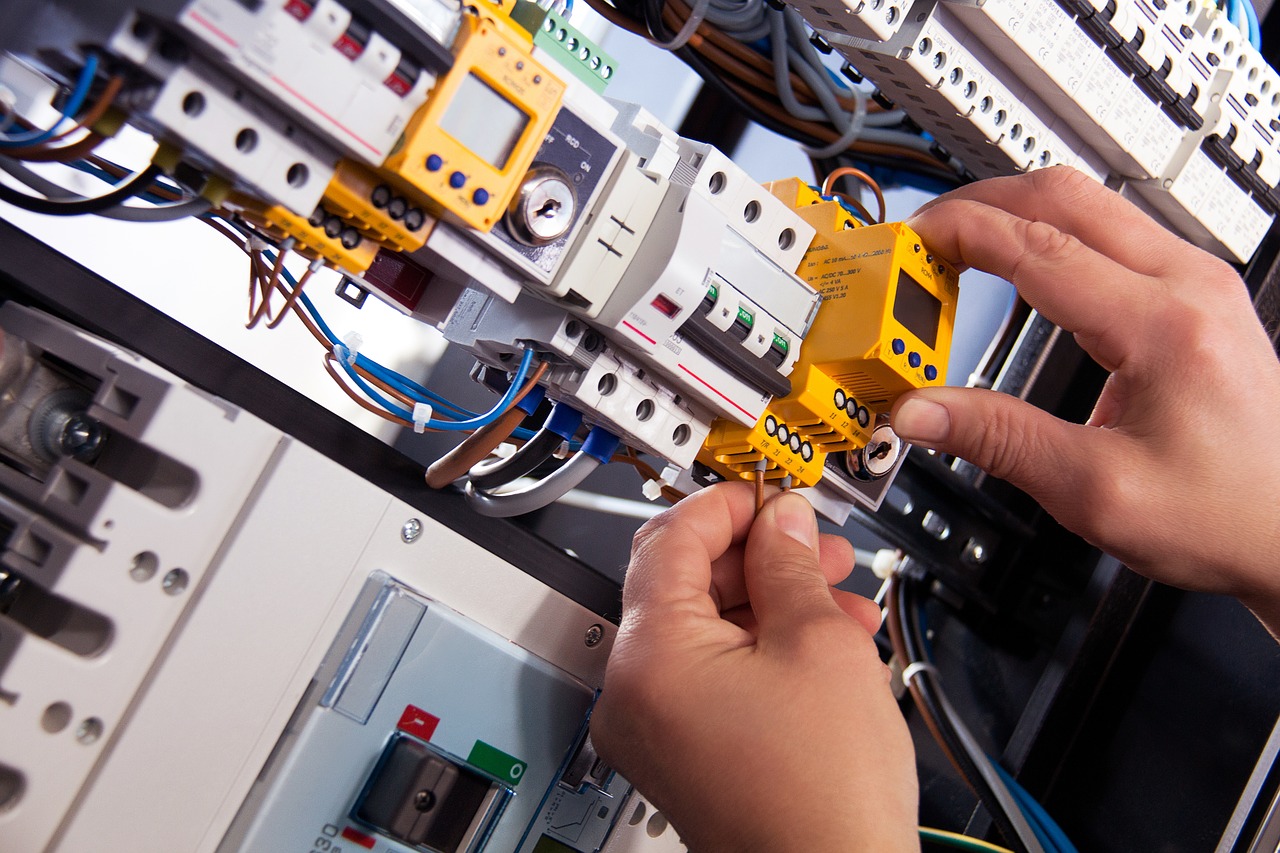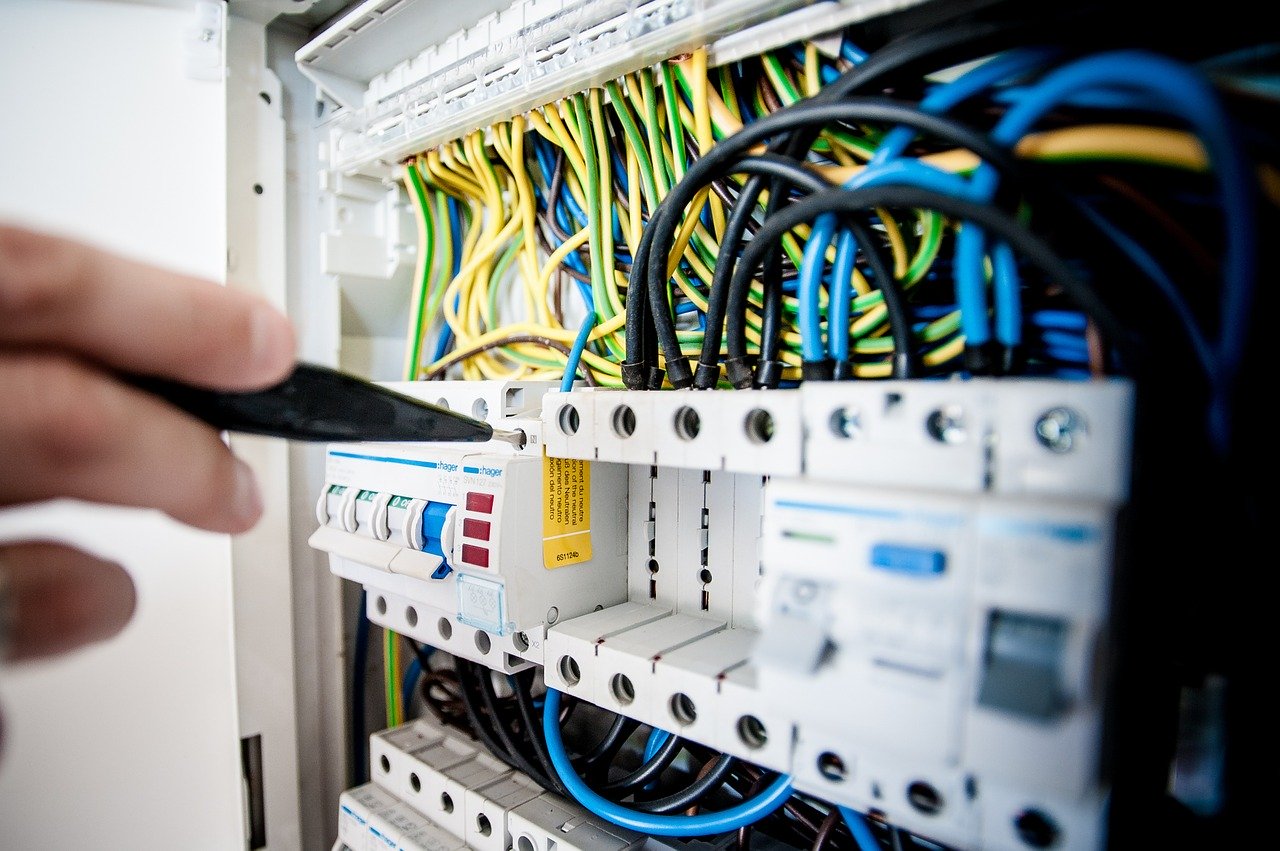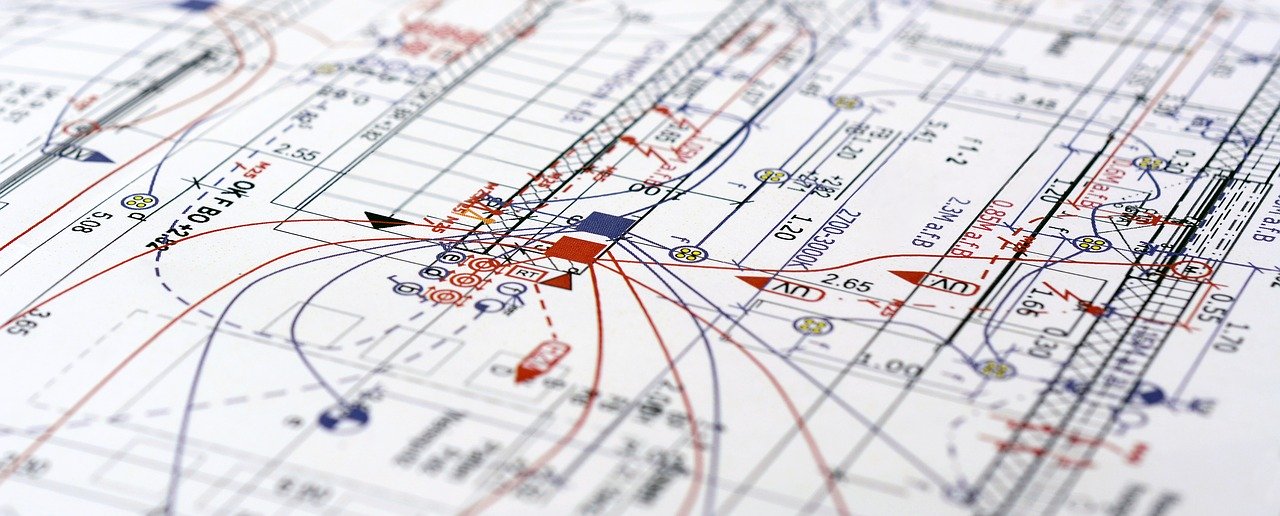EICR Certificates – Five reasons they matter for your business and its properties
Whether you’re the owner of a growing SME or an established larger company, it’s beneficial for you and your management team to be aware of Electrical Inspection Condition Report ( EICR ) Certificates across your properties.
1. They’re vital for ensuring you’re compliant.
As a business owner, the management of staff and liability is one of the most important elements of risk you can manage. Although there are many insurance products available that will help to protect your company from incidents via contractors, employed staff and the public, it’s still vital that you are able to demonstrate adherence to safety requirements. That’s where EICR comes in.
In this regard, you need to be mindful of the 1974 Health and Safety at Work Act. This one states you’re the one who is responsible for the health and safety of your staff at your workplace. Basic stuff, but still critical. Second to that is the slightly more specific Electricity at Work Regulations of 1989; these require you to take adequate precautions against injury and death risks due to electricity that’s used as part of work activities.
It’s a straightforward fact here that will help you to cover your risk profile better: An EICR will help your company to fulfil its compliance obligations by ensuring you’ve always got proof of inspection for your electrics.

2. EICRs help keep your staff safe.
The first thing on the mind of any business owner should be the safety of their staff. Electrical accidents are a sadly common occurrence across the UK each week, month and year. Fatalities are recorded every year and it’s impossible to place a price on the value of being proactive in the protection of your staff.
EICRs help to make regular and consistent testing of your electrics easier. Better yet, it’s a simple and comprehensive way to minimise your risk of costly electrical fires and incidents that can hurt your bottom line.
3. EICRs save your company money.
One of the often-missed benefits of EICRs is the simple fact that they often identify inefficiencies and faulty equipment that, when replaced and addressed, saves the owner money. An EICR will discover system faults due to safety, but it’s usually the case that those faults are leading to maintenance and performance inefficiencies that you can nip in the bud.
You might, for example, have a set of equipment that’s overheating and inflating your maintenance bill, or an overloaded circuit that’s similarly wasteful. Safety and savings in one go – great stuff.

4. They help to convince your insurance to pay up.
The infamous process of having your insurance company pay following an incident is made easier with an EICR in your pocket. Insurance providers demand that robust electrical testing is performed regularly as a required part of your actual insurance agreement. This is a part of policy wording many property and business owners ignore until its too late – and it’s not the kind of issue you want biting you in the backside when a nasty incident’s just occurred.
So, another argument in favour of electrical inspections like those performed in an EICR. An EICR will help you to meet your policy terms to make a claim by helping to demonstrate that the incident in question was unavoidable.
5. EICRs are great for energy-efficiency.
As a sweetener for an already solid deal, companies that provide EICR services will make a point to highlight any areas you can improve your energy efficiency. This is a classic example of a win-win business arrangement – and it favours the business owner wonderfully. In one fell swoop, you can manage your compliance and safety requirements and still look to save money on your monthly maintenance costs by having a professional identify areas where your electrics could work better for you.
With EICR professionals usually trained to at least City & Guilds 2395 Inspection and Testing levels, it’s realistic to expect some kind of advice on your report on how you can make your electrics operate more efficiently and less wastefully. Safety for your staff, a better result for the environment and a few more Pounds trimmed off your operating costs. Win-win.






























